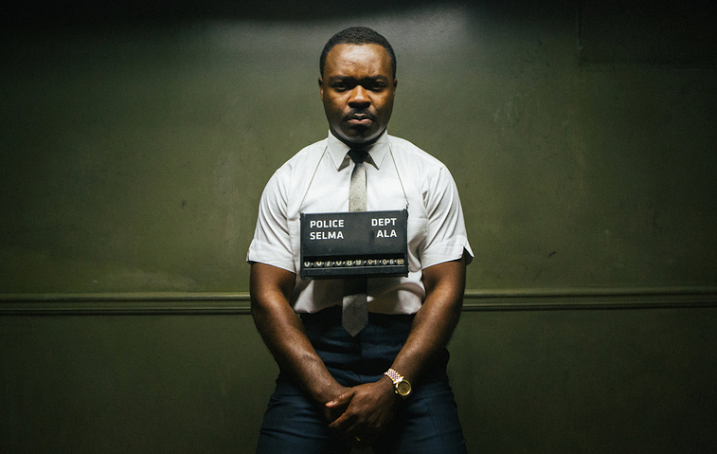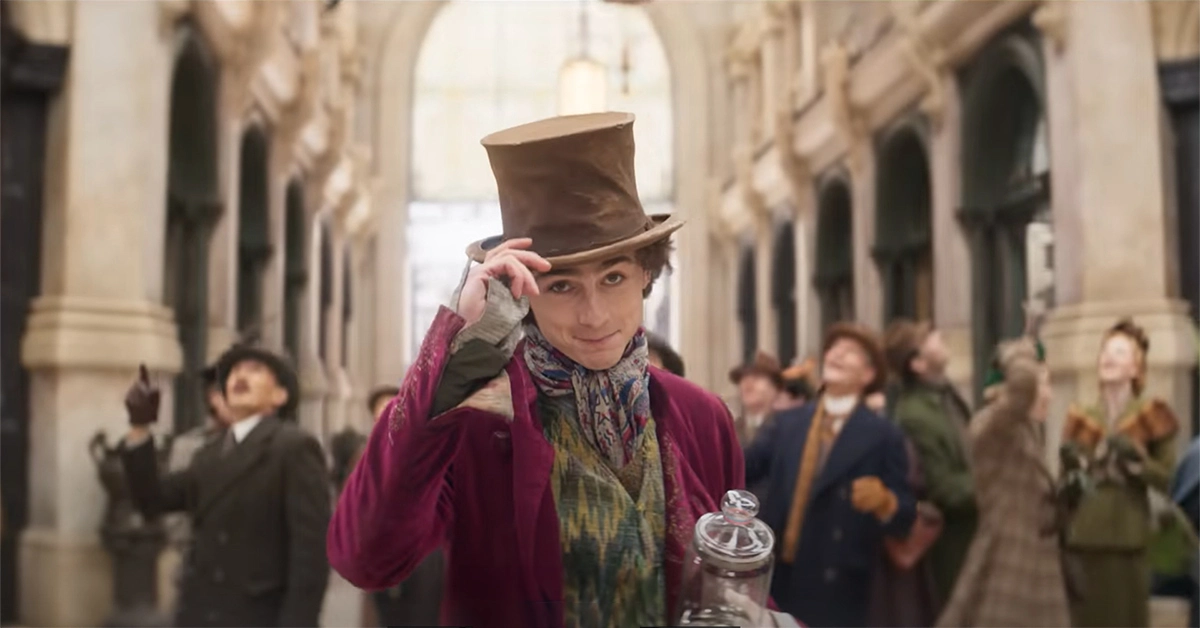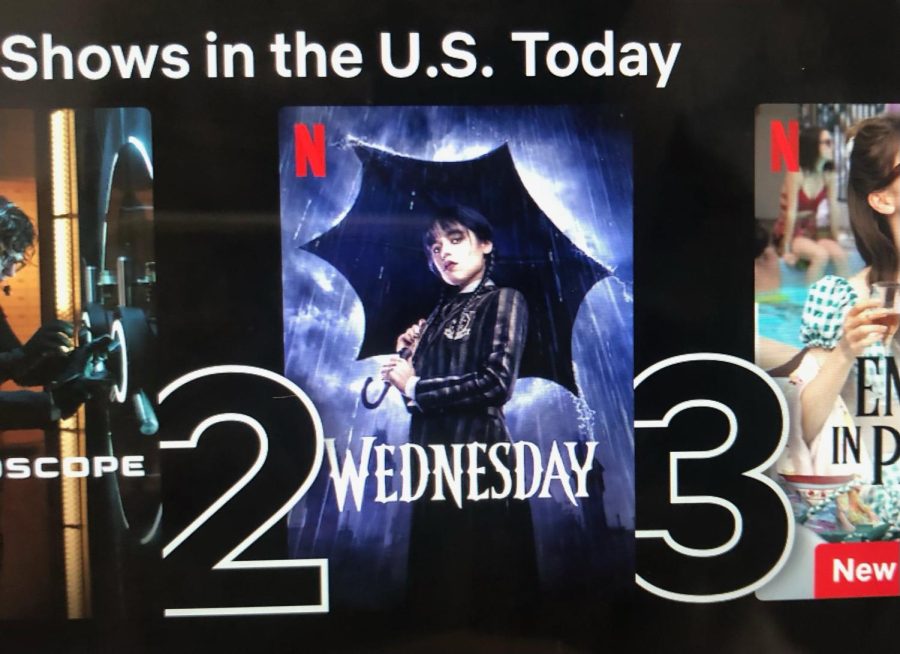“What happens when a man stands up and says enough is enough?” This question, delivered with spine-tingling gravitas from David Oyelowo serves as Selma’s guiding principle. What follows is an important and passionate film that highlights how far America has come in the fight for civil rights and how far we still have to go.
Each year, few actors are able to dive beyond skin-deep acting and really disappear into a role. In 2014, my prestigious list was comprised of Eddie Redmayne, J.K. Simmons, Edward Norton, Julianne Moore, Patricia Arquette, and Michael Keaton. Now that I’ve seen Selma, David Oyelowo tops the lineup. This classically-trained British actor is unrecognizable beneath the skin of Martin Luther King Jr. The distinction between this vehement portrayal and a video clip of the civil rights leader speaking is nearly impossible to make. He perfectly encapsulates the charisma and humanity behind this integral figure of American history. Oyelowo is a revelation.
Oyelowo achieves the same type of emotional demonstration that elevated Chietwel Ejiofor’s role in 12 Years A Slave, to my favorite performance of last year. Both men were able to carry the weight of generations of African-American suffering through a single glance. Every word Oyelowo speaks as King hangs in the air with a palpable magnitude and a demand to be heard, digested, and acted upon.
Selma follows the biopic rules and hones in on one part of King’s impressive career, instead of trying to cram his life story into two hours. The march on Selma, and King’s relationship with President Johnson are the focus here. This is a stirring piece of the civil rights movement to focus on and provides fodder for cinematic genius. Many scenes, beautifully created, are incredibly difficult to watch. As the chills ran down my back, I was constantly reminded of the importance of the subject matter.
Martin Luther King Jr. (David Oyelowo): “Our lives are not fully lived if we’re not willing to die for those we love, for what we believe.”
One particularly haunting sequence displays the police chasing down black men and women through the streets at night. As their silhouettes run into the distance the police stride behind bearing weapons. This is an image that should agitate and resonate with audience members. The film could have taken the easy way out by idolizing its protagonist, and turning the plot into a carousel of civil rights events, but instead, it leaves judgements and opinions to the side by presenting a slice of history objectively and fairly. Viewers will be forced to have an infuriated visceral reaction because of the topic’s clear and affecting nature; not due to any Hollywood trickery or plays for sympathy.
There is a recurring image in Selma that drives home what the preacher really stood for. The back of King’s head is frequently shown; clean-cut, collar squared, and chin slightly tilted. Despite the hardships in his way, King keeps marching forward with a dream to make the world a better place. Similarly, Ava DuVernay, the black female director, will earn her place in history for having a brave vision and bringing an essential message to the minds of so many Americans. I urge everybody to see Selma; it is an important film.








